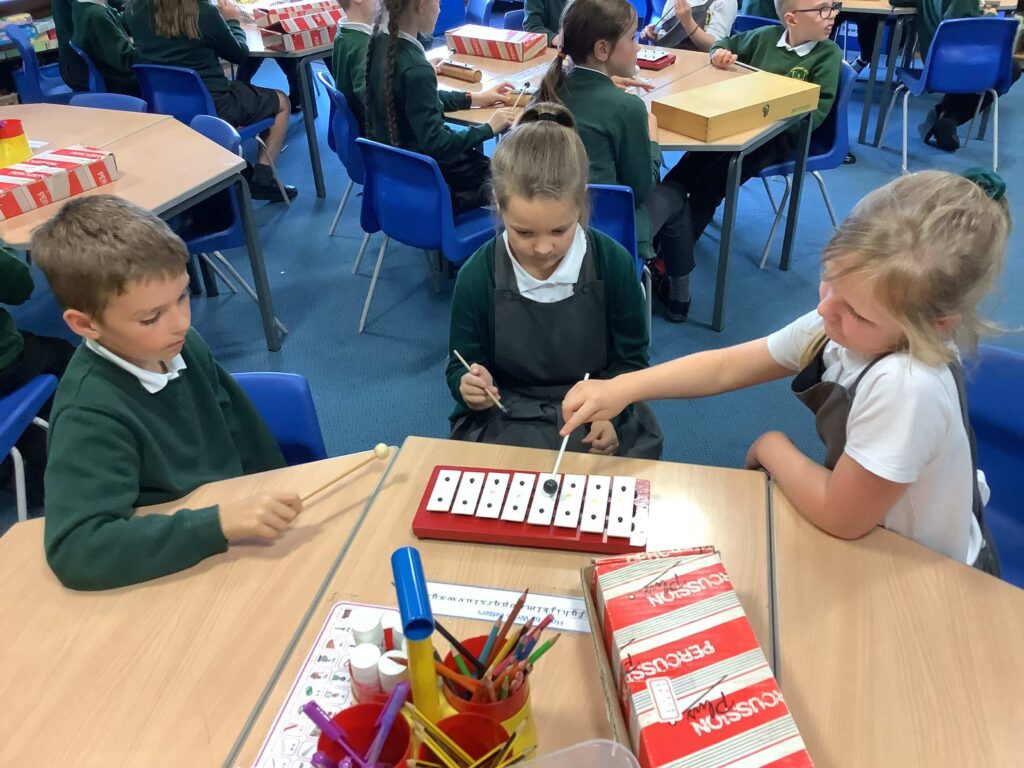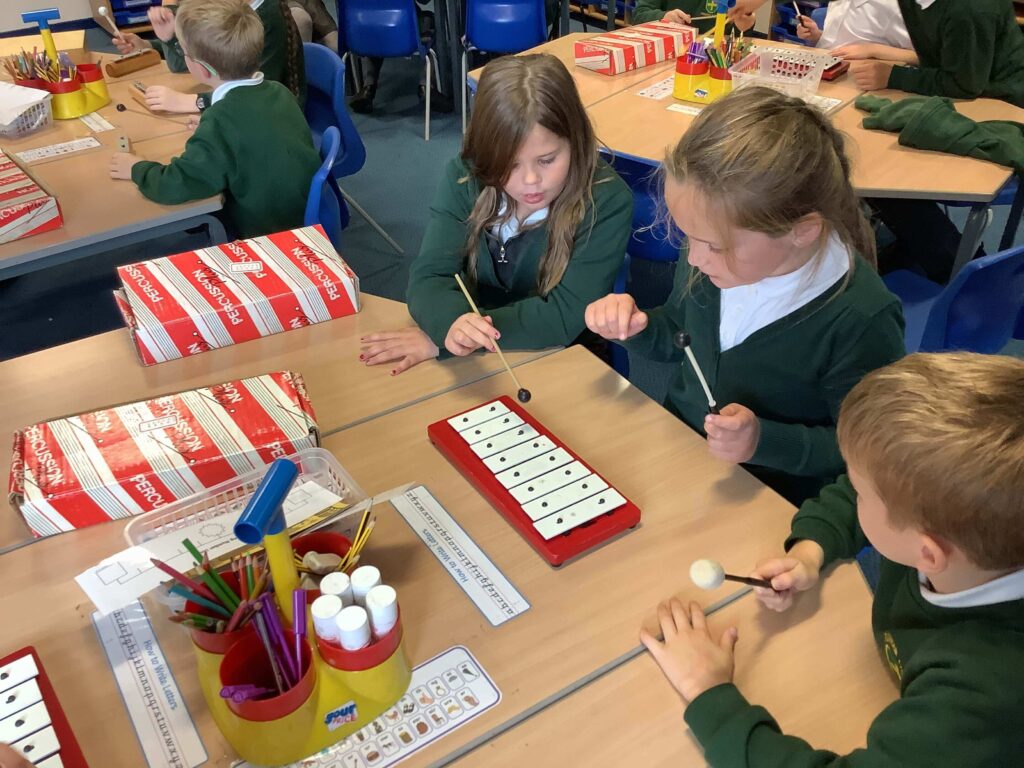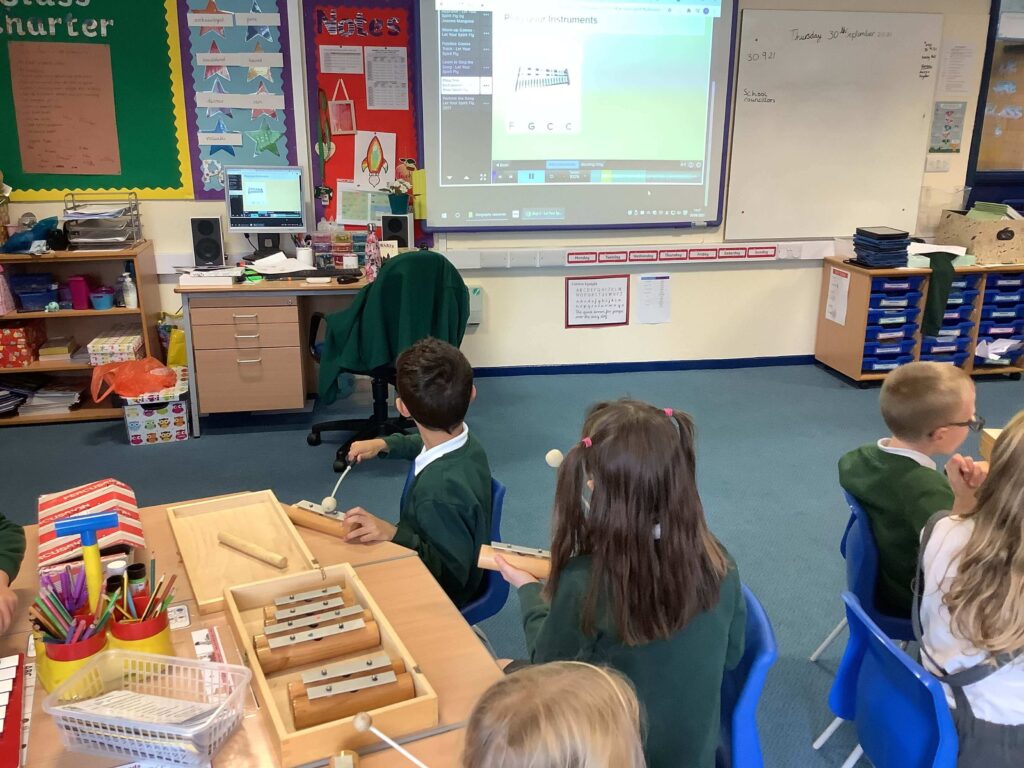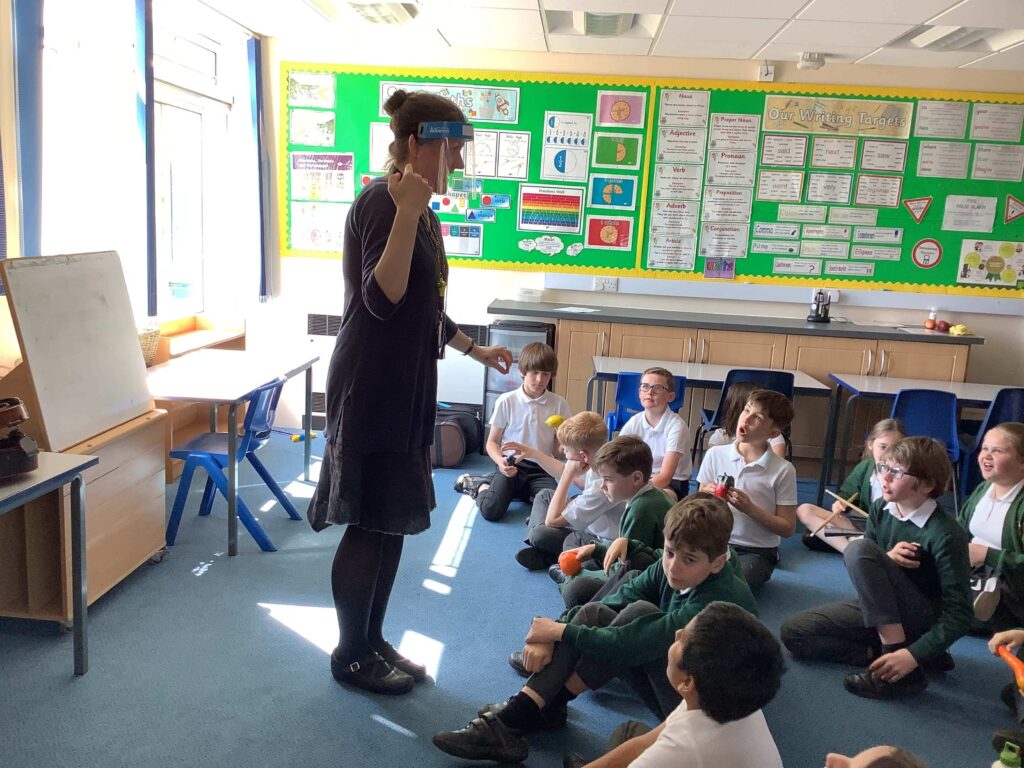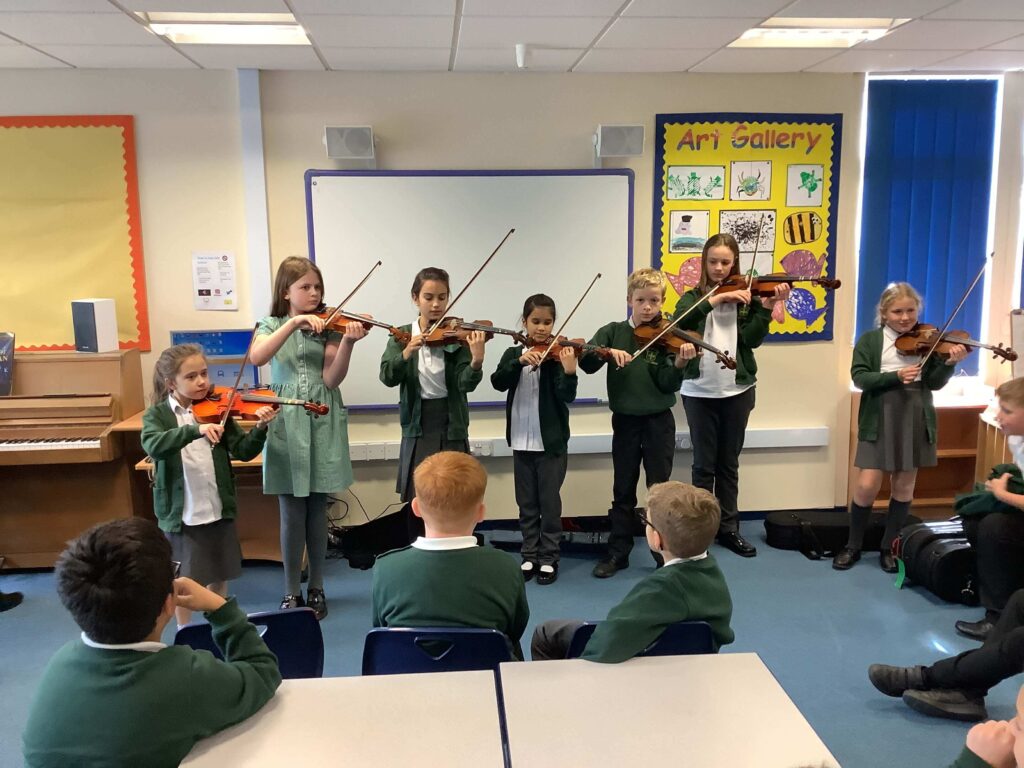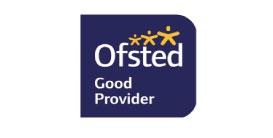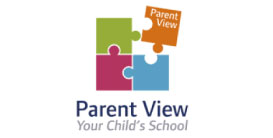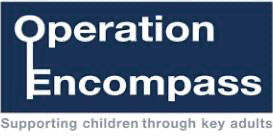Music Intent Statement
Music Subject Leader: Mrs Khan
Durham Lane Primary School
Intent- what we aim for children to achieve through our Music curriculum:
At Durham Lane Primary School, it is our aim that we make the subject of Music an enjoyable experience for all pupils. We encourage children to participate in a range of musical experiences to develop their self-esteem, confidence and musical appreciation. Musical skills are appreciated and acknowledged across all year groups, whether that be singing, composition or playing an instrument. Throughout lessons, children learn and enhance the skills of composition, listening and appraisal, performing and understanding within the subject. These skills allow children to gain a wide understanding of what the music curriculum entails whilst also developing an appreciation for various genres, composers and musical styles.
Implementation- how we achieve our aims:
Our music curriculum ensures children sing, listen, play, perform and evaluate. This is embedded in the classroom activities as well as during assemblies, performances and the learning of instruments.
Music is taught in a variety of ways in our school. In EY, the children are given a range of opportunities both inside and outside of the classroom to sing and perform songs and nursery rhymes, and are encouraged to explore a variety of untuned instruments as well as listening to music whilst being encouraged to move in time to it.
In KS1 and KS2 we have a specialist music teacher from Tees Valley Music Service, who teaches a range of skills and knowledge, delivering lessons in a fun and motivating way. Each class works with the specialist teacher for three half terms throughout the year. Alongside this, music is taught using the musical program Charanga whereby teachers are able to produce inclusive lessons for all children to access the music curriculum in a fun and engaging way and are encouraged to participate at their own level, with barriers to potential achievement being removed wherever possible. Charanga lessons are planned in sequences to provide children with the opportunities to review, remember, deepen and apply their understanding. Each of the units of work follow a progression of skills from Reception to Year 6. (See our music curriculum for further information).
In the classroom, children learn how to a play a variety of percussion instruments including glockenspiels. Playing various instruments enables children to use a range of methods to create notes and they also learn how to how read basic music notation. The children learn how to compose, focusing on different dimensions of music, which in turn feeds their understanding when listening, playing, or analysing music. Composing or performing using body percussion and vocal sounds is also part of the curriculum, which develops the understanding of musical elements without the added complexity of an instrument.
Alongside Charanga, we sometimes engage with Tees Valley Music Service (TVMS) who provide opportunities to perform alongside other schools. For example, Snappy Christmas and Snappy Spring.
We also employ a singing teacher from TVMS who runs the school choir which is open for year 4-6 children who come together at lunchtime to enjoy singing a variety of songs together. Our choir also enjoys taking part in concerts/performances wherever possible.
At Durham Lane, children are also provided with opportunities beyond the National Curriculum to further and support their understanding. These include having visitors with a musical talent, visiting concerts and school productions. External interests and talents are also encouraged and showcased in class and assembly, ensuring that everyone is challenged regardless of previous musical experience.
Impact- how we know we have achieved our aims:
Children in Foundation Stage are assessed for music within Expressive Arts and Design (Being Imaginative and Expressive) and their progress is tracked using the Development Matters Document. Expectation levels are reported to parents at the end of the Reception year.
- Images and videos of the children’s practical learning which is frequently shared on our school website/social media with parents and stakeholders;
- Discussions with pupils about their learning (pupil voice);
- Annual reporting to parents about their child’s achievement and effort within music;
- Children are questioned about their current and previous learning;
- Children have the opportunity to discuss and share their own thoughts, opinions and ideas, acknowledging and respecting that these may vary and that this is positive. They can dissect music and comprehend its parts.
- Children throughout the school enjoy singing in assemblies and when taking part in religious festivals such as Harvest and Christmas.
Please see below our school Music Curriculum Planning.
Music in Early Years Foundation Stage
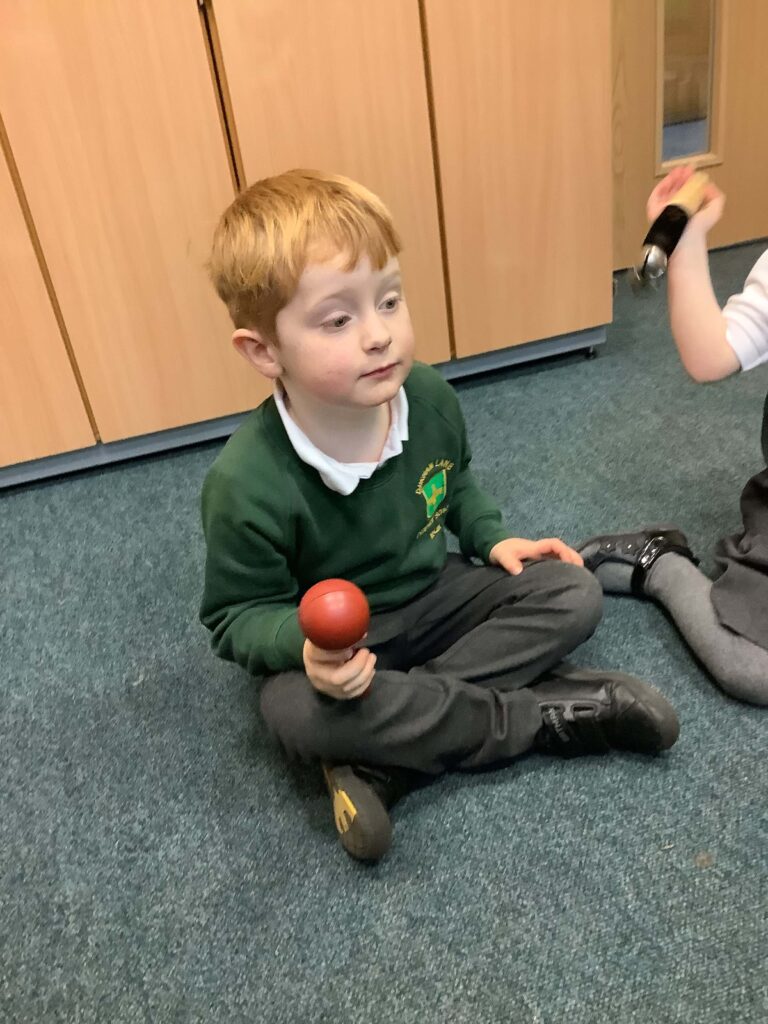
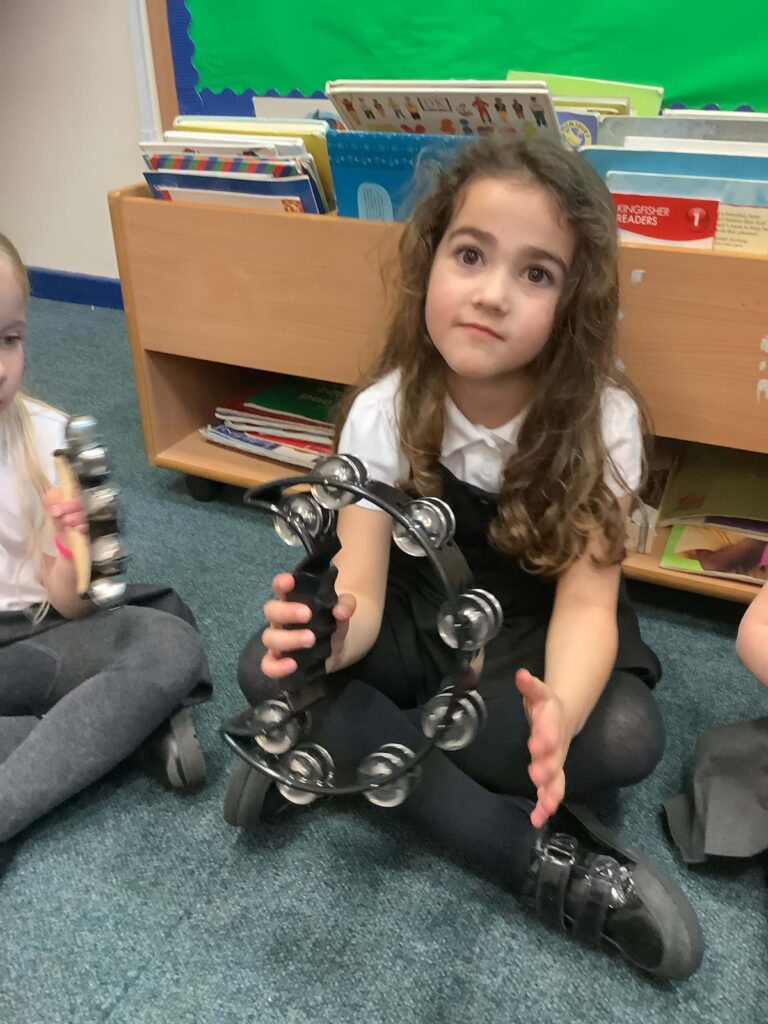
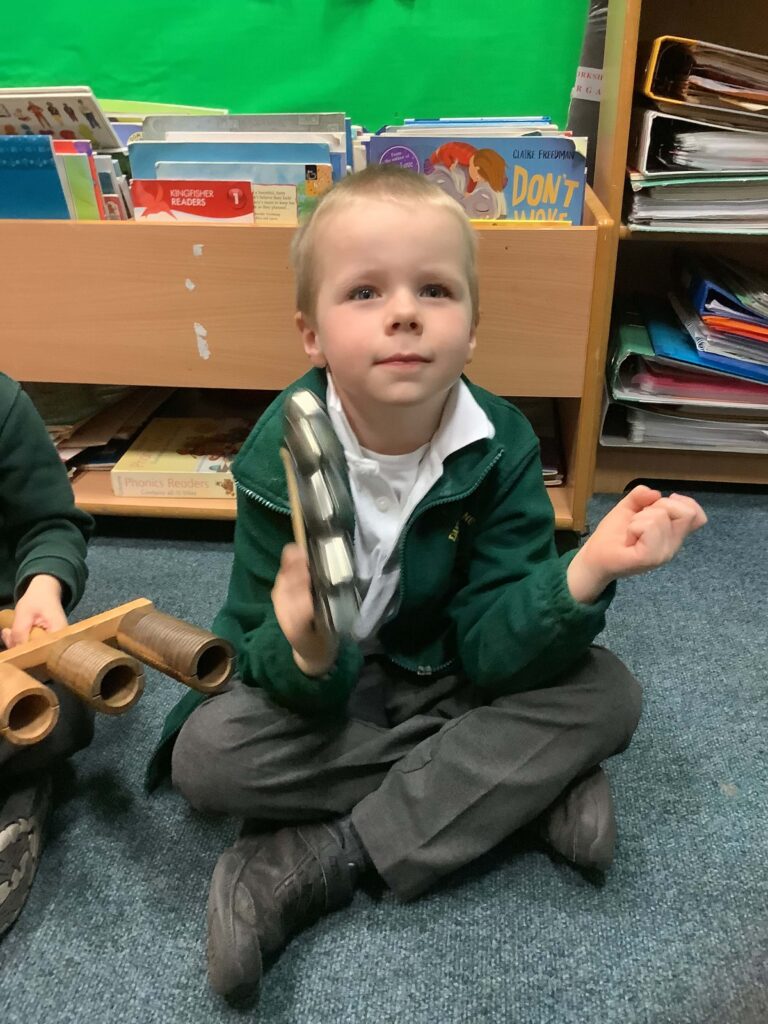
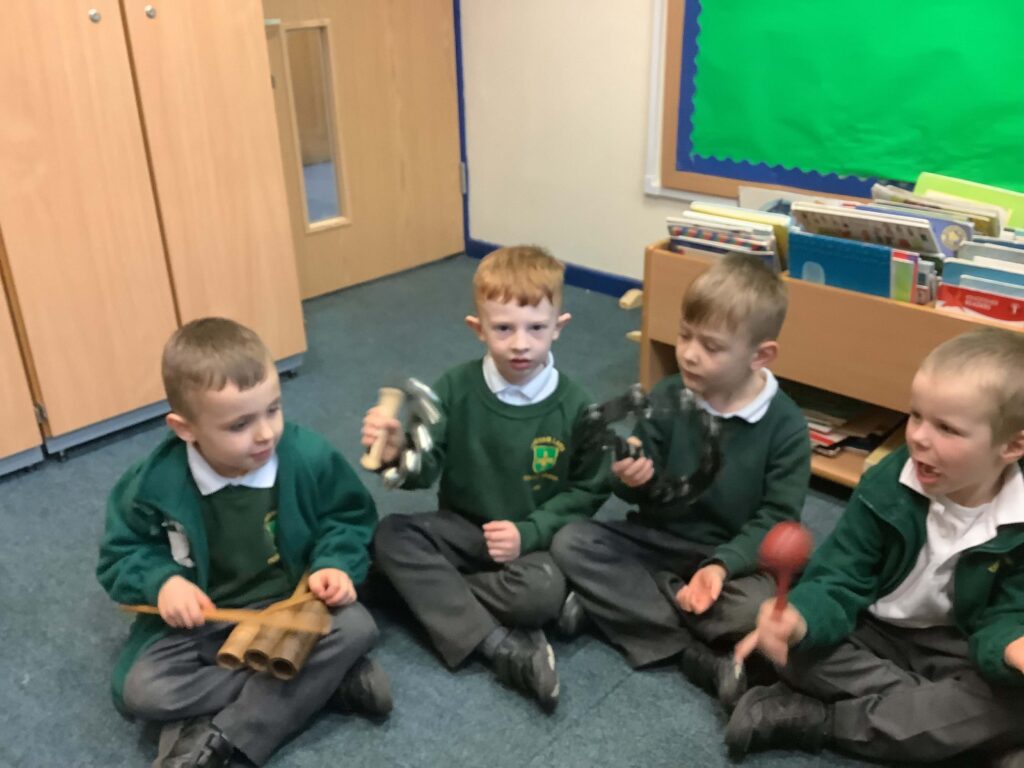
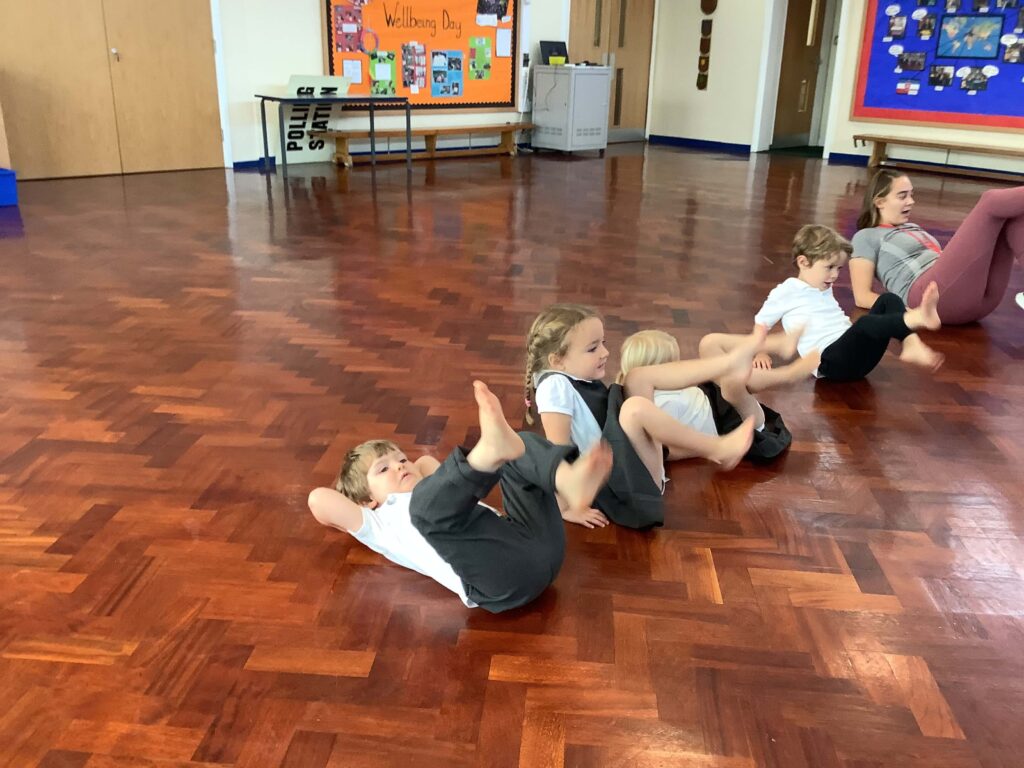
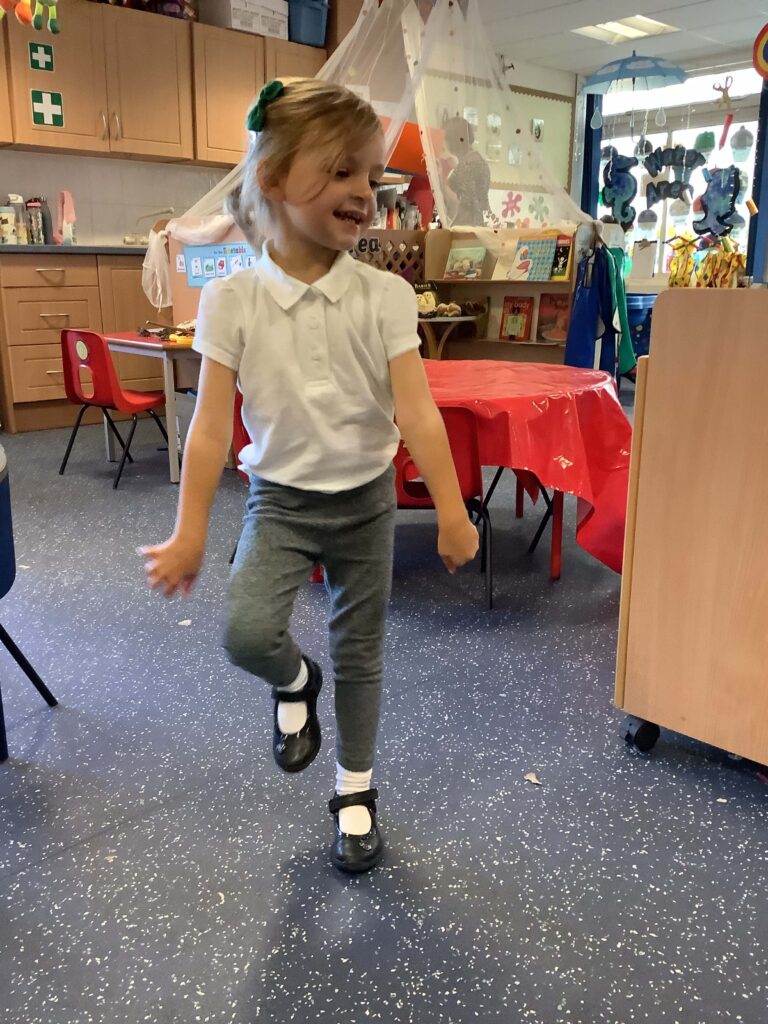
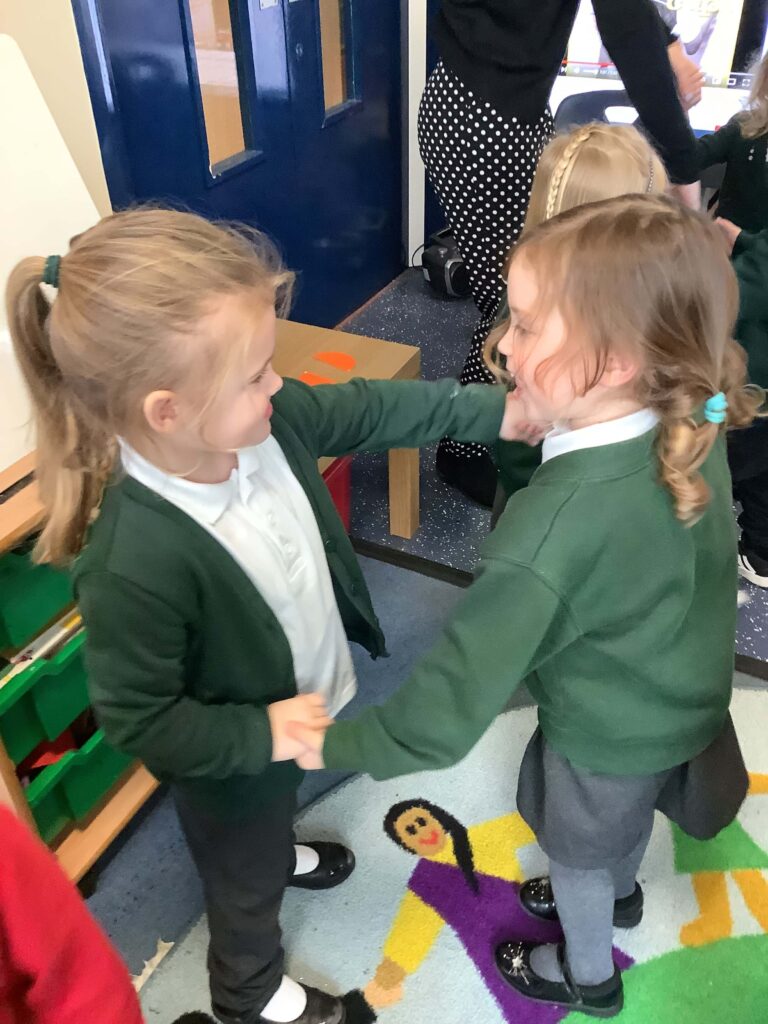
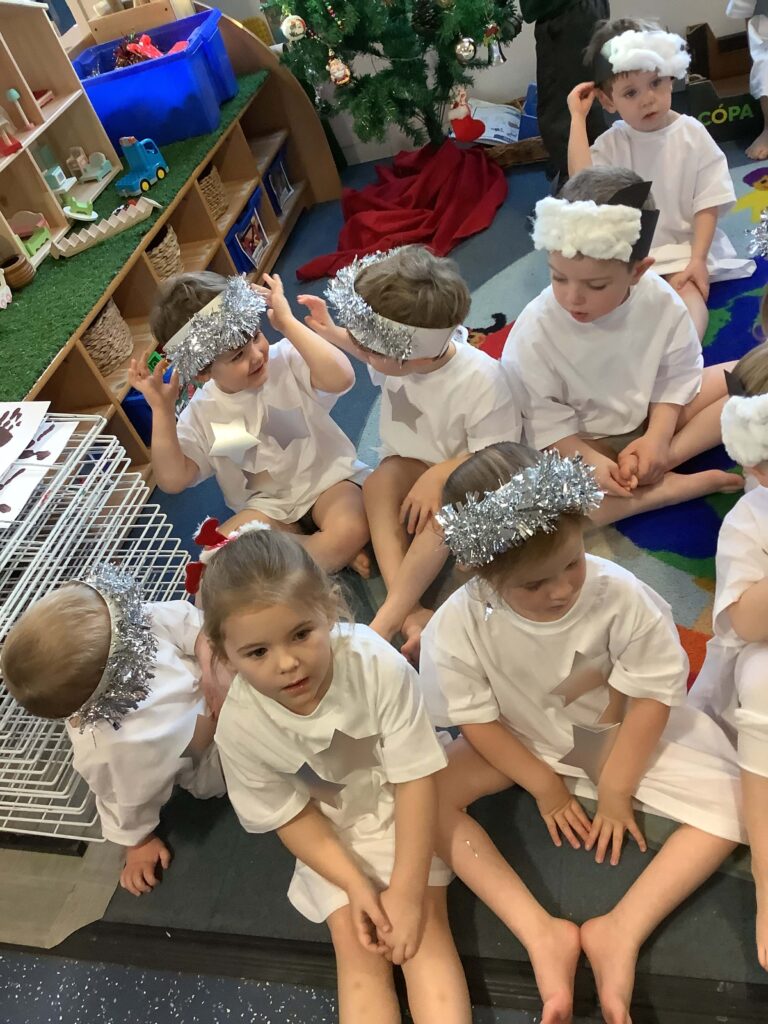
Music in Key Stage One
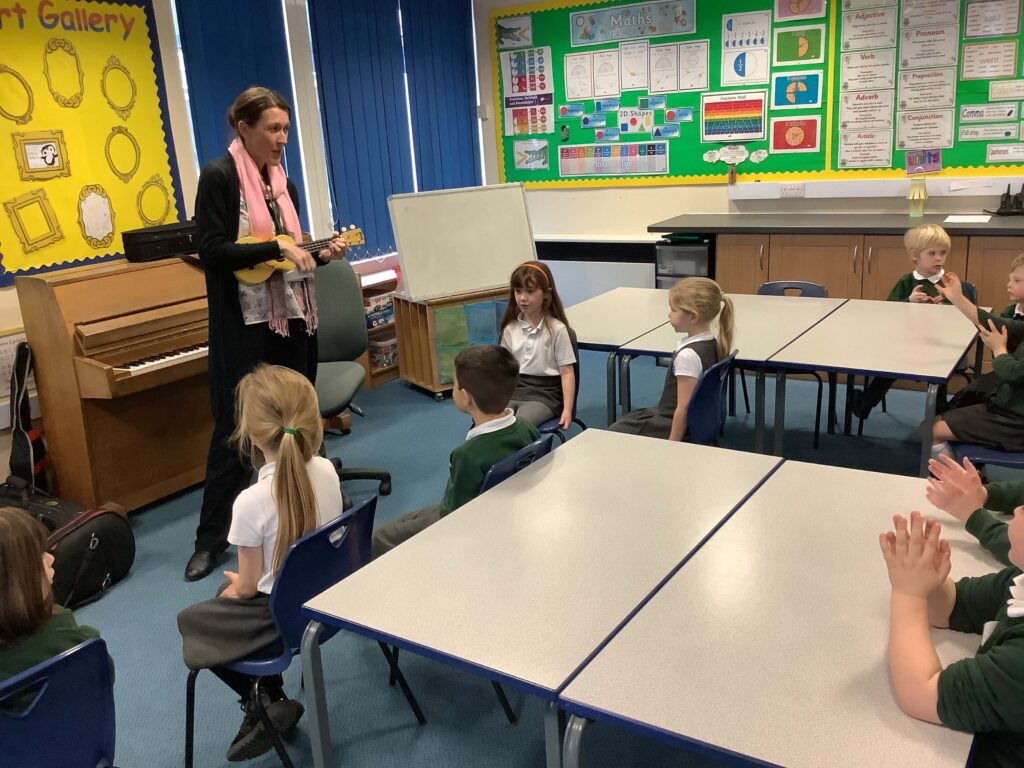
Music in Key Stage Two
